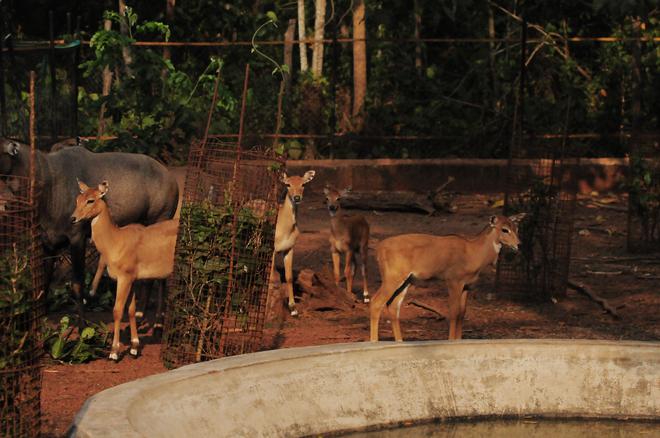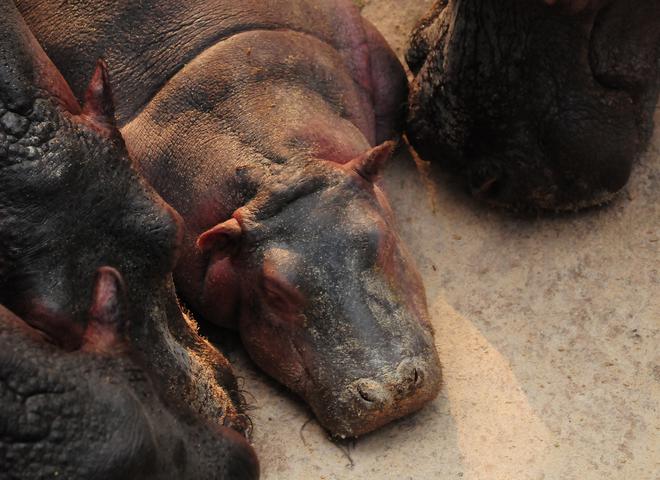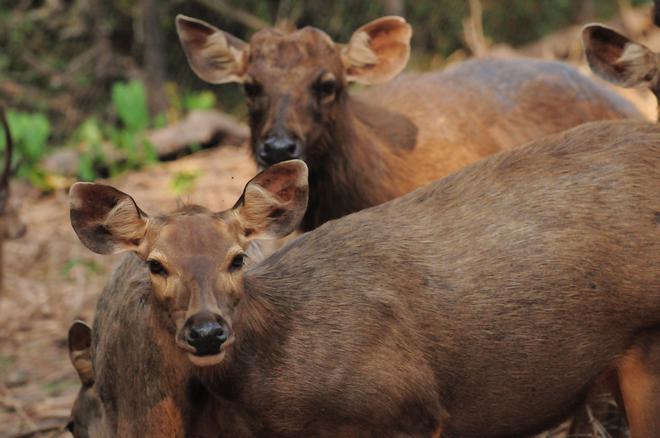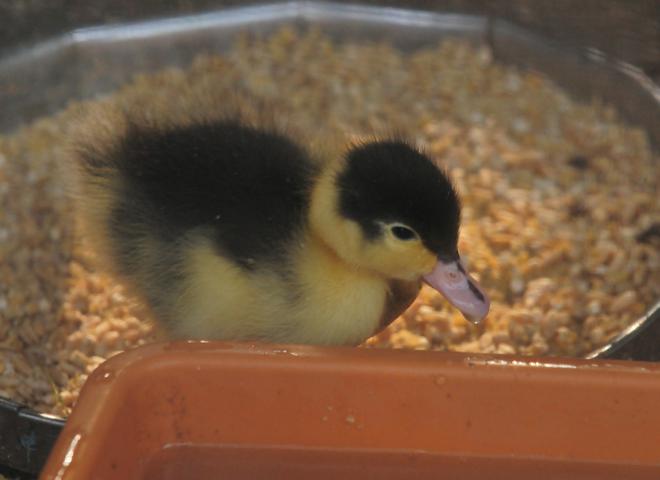There is a baby boom at Pilikula Biological Park in Mangaluru with many species of animals under captivity giving birth to young ones during the past one month.
Wild dog (Cuon alpinus), Mouse Deer (Tragulus javanicus), Golden Jackal (Canis aureus) and Blackbuck (Antilope cervicapra), which have been listed as endangered species by the International Union for Conservation of Nature (IUCN), are among the 14 species of animals and birds that gave birth (or laid eggs) to offsprings at the park, which has been recognized as a major zoo by the Central Zoo Authority.

Park Director H. Jayaprakash Bhandary told The Hindu that five Wild Dog, three babies each of Mouse Deer and Golden Jackal, and five young ones of Blackbuck were born during the period. With this, the stocks of Wild Dog in the park has reached 17, Mouse Deer to nine, Golden Jackal to 37, and Blackbuck to 56.
The Stripped Hyena (Hyaena hyaena), which has been listed as a ‘Nearly Threatened’ species by the IUCN gave birth to two cubs with their stock reaching to 10.
“More number of animals and birds breeding under captivity indicate a healthy environment for them at the park,” Mr. Bhandary said adding that providing natural habitat and diet, and arranging timely treatment mattered in making animals and birds breed in captivity.
Other animals that gave birth
The other animals that gave birth to young ones are Red Handed Tamarin (Saguinus midas – two young ones); Nilgai (Boselaphus tragocamelus - four); Hippopotamus (Hippopotamus amphibious - one); Sambar Deer (Rusa unicolor – four); Spotted Deer (Axis axis – 10); Barking Deer (Muntiacus muntjak – two), and Marsh Crocodile (Crocodylus palustris – five).
The red-handed tamarin introduced at the park a year ago is a ‘New World’ monkey. It is native to Brazil and Venezulea. The life expectancy is 10 years, and it lives in groups of 15 members. Gestation period is four-and-a-half months to five-and-a-half months. The female gives birth to two offspring.


“They are exceptional climbers and superb jumpers. They eat eggs, insects, frogs, spiders, lizards, nectar, leaves, fruits, and flowers,” Mr. Bhandary said.
Among birds, Muscovy Duck (Cairina moschata) gave birth (by laying eggs) to 10 little ones, and a White Blackbuck (Antilope cervicapra) was born during the last one month.

Started as a mini-zoo before being upgraded to small, medium and a major zoo, the two-decade old Pilikula Biological Park was opened to the public in 2004. Now, it has over 1,200 animals and birds.
The park does not get annual maintenance grant from the government. It is managed by gate collection, through donations, and animal adoption schemes.
Some time ago, the Reliance Foundation donated ₹1 crore to the park for the development and construction of new enclosures.







